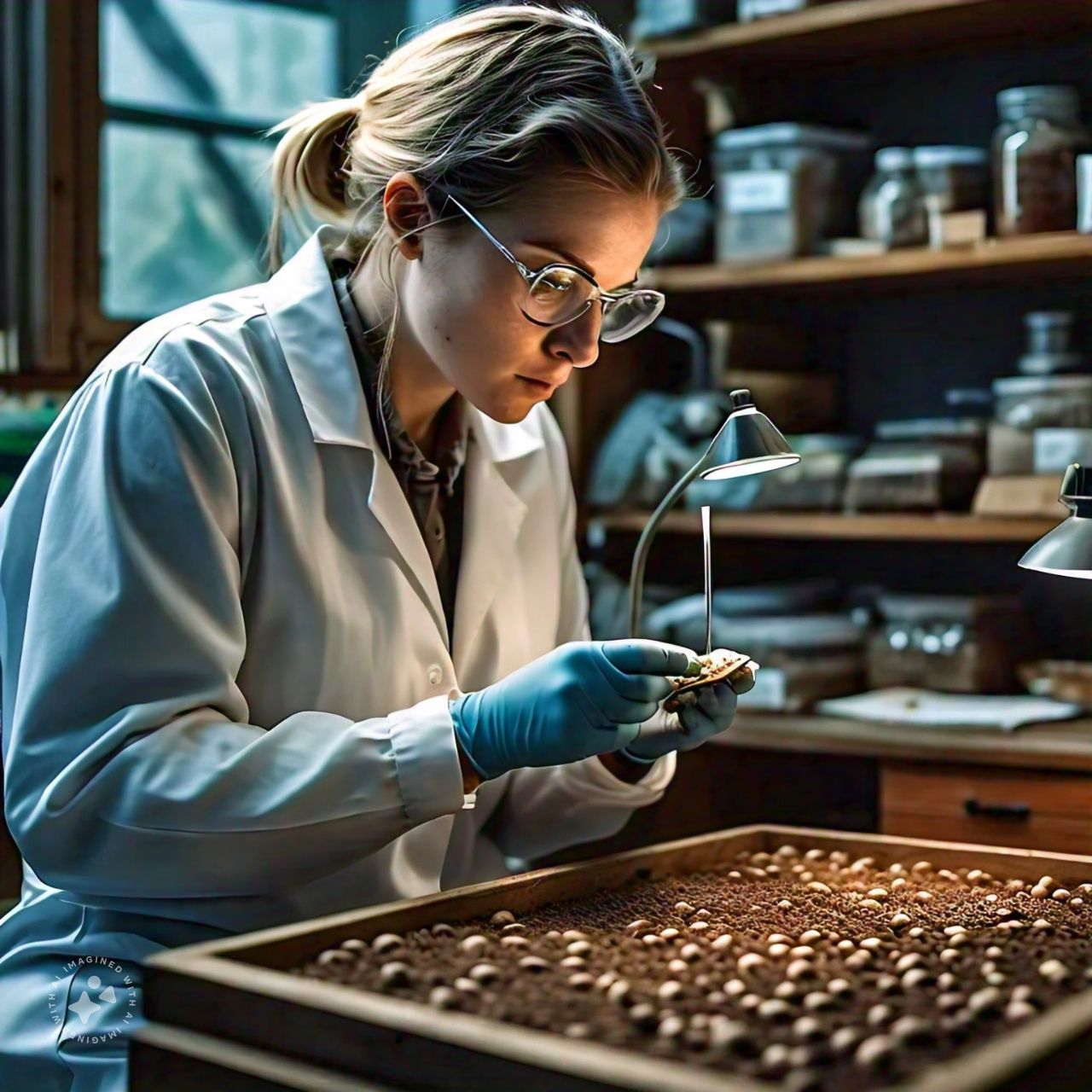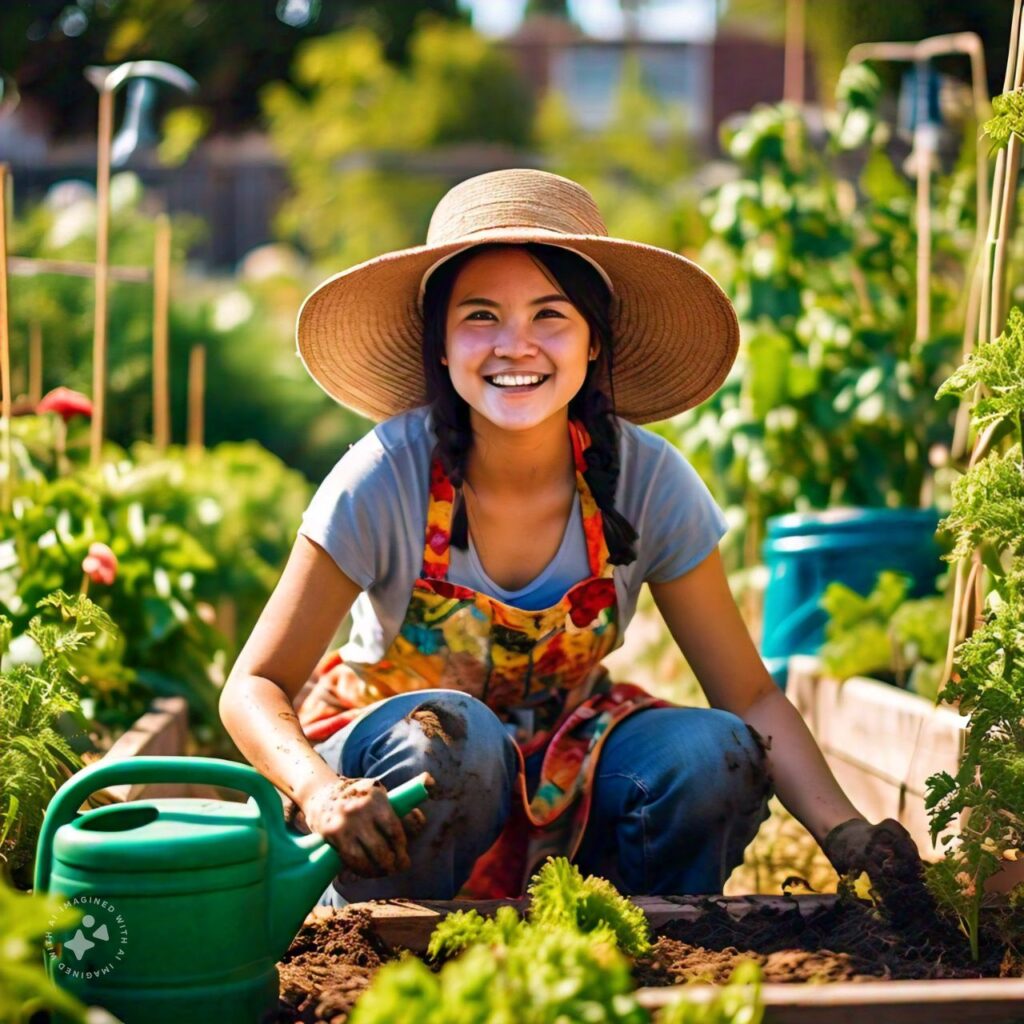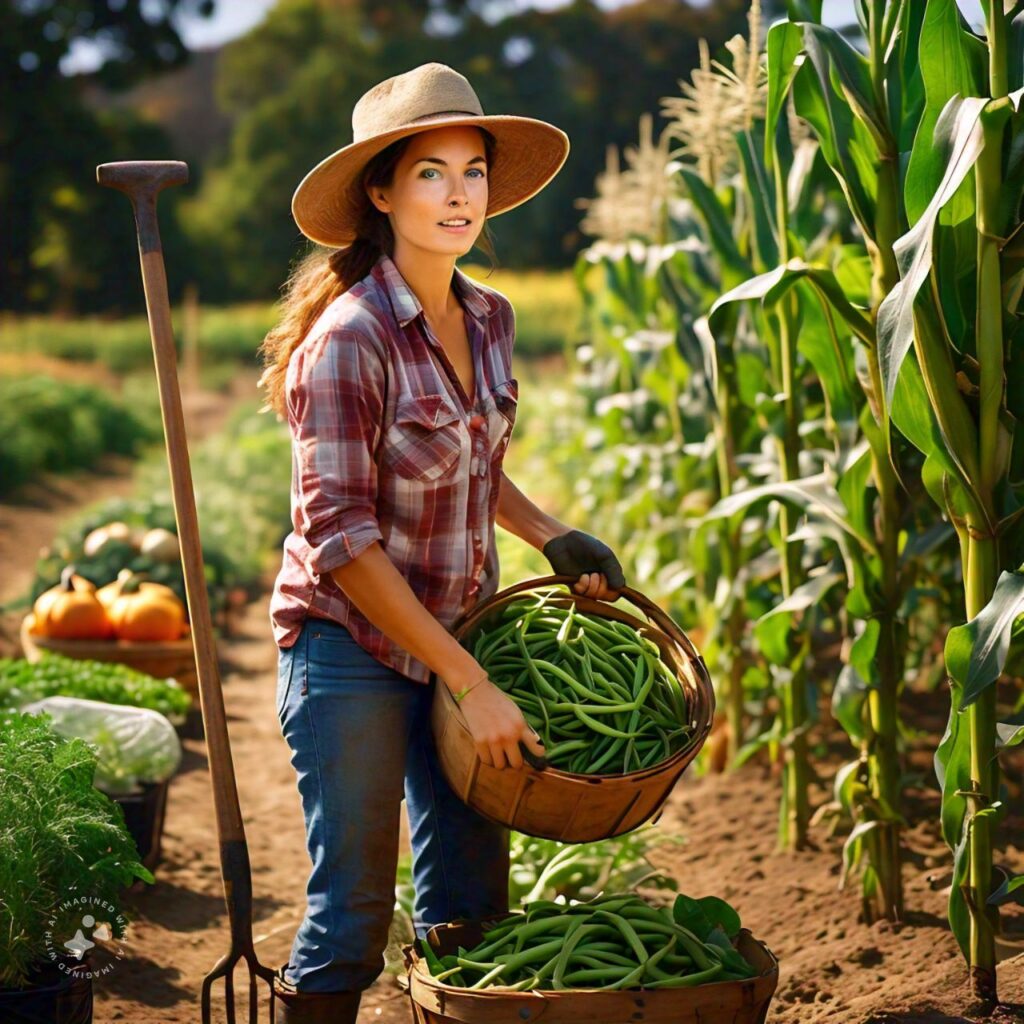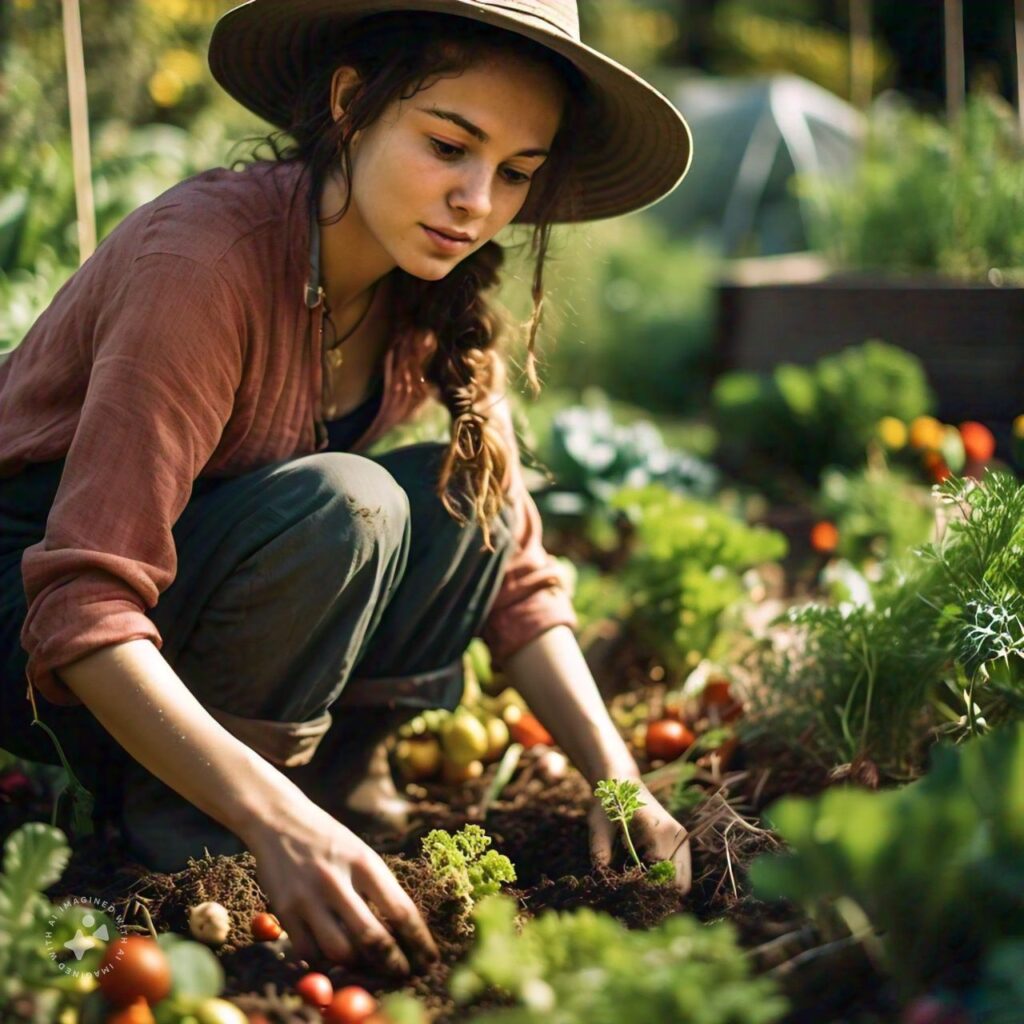Growing your own garden is an incredibly rewarding experience, and it all starts with the right seeds. Epic Gardening Seeds offers a wide range of premium seeds that can turn your gardening dreams into reality. Whether you’re a novice or a seasoned gardener, understanding the nuances of selecting, planting, and nurturing your seeds is crucial for a bountiful harvest. In this comprehensive guide, we delve into every aspect of gardening seeds, from choosing the best varieties to ensuring optimal growth conditions.
Why Choosing the Right Seeds Matters
Selecting the right seeds is the cornerstone of a successful garden. The quality and type of seeds you choose will determine the health, yield, and resilience of your plants. With Epic Gardening Seeds, you gain access to a curated selection of seeds that are known for their high germination rates, genetic purity, and adaptability to various climates. This means a higher likelihood of successful growth, leading to a more abundant and healthy garden.
Understanding Seed Types: Heirloom, Hybrid, and Organic
When selecting seeds, it’s essential to know the differences between heirloom, hybrid, and organic seeds.
- Heirloom Seeds: These seeds are passed down through generations and are known for their rich flavors and historical significance. They are open-pollinated, meaning they can be saved and replanted each year without losing their unique characteristics. Epic Gardening offers a vast array of heirloom seeds, ensuring you can grow plants with a rich history and diverse genetic backgrounds.
- Hybrid Seeds: These are created by cross-pollinating two different plant varieties to produce a seed that has the best traits of both. Hybrid seeds are often more vigorous and disease-resistant, making them an excellent choice for gardeners looking for reliable results. However, they are not suitable for seed saving, as the offspring may not retain the parent plants’ desirable traits.
- Organic Seeds: Grown without synthetic pesticides or fertilizers, organic seeds are ideal for those looking to grow their garden sustainably. These seeds often come from plants that have been cultivated in natural conditions, making them more adaptable to organic gardening practices.

How to Choose the Best Seeds for Your Garden
Selecting the right seeds depends on several factors, including your growing zone, garden space, and personal preferences. Here’s how you can make the best choice:
Know Your Growing Zone
Understanding your USDA Hardiness Zone is critical when choosing seeds. This zone determines the climatic conditions in your area and helps you select plants that will thrive. Epic Gardening Seeds provides detailed information on the ideal zones for each seed variety, making it easier for you to choose the best options for your garden.
Consider Your Garden Space
Whether you have a sprawling garden or a small balcony, the space available plays a significant role in your seed selection. For smaller spaces, consider dwarf varieties or plants that can be grown vertically, like pole beans or tomatoes. Epic Gardening Seeds offers a variety of options that cater to different space constraints, ensuring that even those with limited space can enjoy the benefits of home gardening.
Determine Your Gardening Goals
Are you growing for aesthetic purposes, or is your focus on producing food? Your gardening goals will influence your seed choices. If you’re looking to grow a vegetable garden, Epic Gardening Seeds offers a wide selection of vegetables that are easy to grow and maintain. For those interested in creating a flower garden, there’s a range of ornamental seeds that can add color and beauty to your space.
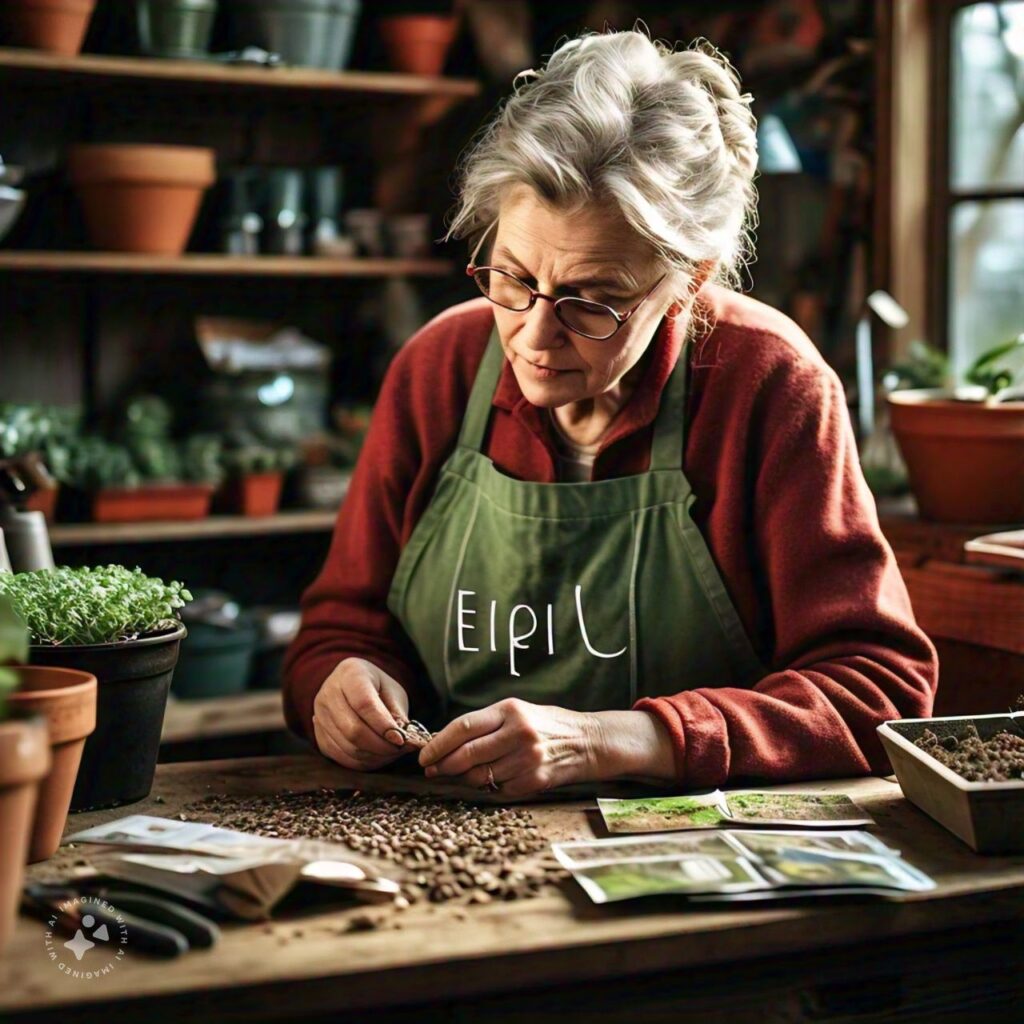
The Science of Seed Germination: How to Ensure Success
Seed germination is the process by which a seed develops into a new plant. It’s a critical phase in gardening, and understanding how to optimize conditions for germination can significantly increase your success rate.
Optimal Germination Conditions
For seeds to germinate, they require the right combination of moisture, temperature, and light. Most seeds need to be kept consistently moist but not waterlogged. Temperature requirements vary, but many seeds germinate best at temperatures between 65-75°F (18-24°C). Light needs differ, with some seeds requiring light to germinate, while others need darkness. Epic Gardening Seeds provides detailed germination instructions for each seed variety, ensuring you have the knowledge to start your garden off right.
Common Germination Problems and How to Avoid Them
Even with the best conditions, sometimes seeds fail to germinate. Common issues include overwatering, underwatering, and incorrect temperature. To avoid these problems, follow the guidelines provided with your Epic Gardening Seeds, and consider using a seed-starting mix that provides the right balance of moisture retention and drainage.
Planting Your Seeds: Best Practices for a Thriving Garden
Once your seeds have germinated, the next step is planting them in your garden or containers. Here are some best practices to ensure your plants grow strong and healthy.
Transplanting Seedlings
If you’ve started your seeds indoors, it’s important to know when and how to transplant them to your garden. Seedlings should be transplanted after they have developed a strong root system and the outdoor conditions are favorable. Gradually acclimate your seedlings to outdoor conditions through a process called hardening off, which involves exposing them to outdoor conditions for increasing periods each day.
Direct Sowing
For certain plants, direct sowing in the garden is the best option. This is often the case for root vegetables like carrots and radishes, which don’t transplant well. When direct sowing, ensure the soil is well-prepared, free of weeds, and at the right temperature. Epic Gardening Seeds come with specific instructions for each variety, helping you achieve the best results whether you’re transplanting or direct sowing.
Maintaining Your Garden: Tips for Long-Term Success
A successful garden requires ongoing care and maintenance. Here are some tips to keep your garden thriving throughout the growing season.
Watering Strategies
Proper watering is key to a healthy garden. Most plants require about 1 inch of water per week, but this can vary depending on the plant type and weather conditions. Water early in the morning to reduce evaporation and prevent diseases. Consider using drip irrigation or soaker hoses to deliver water directly to the roots, minimizing water waste.
Fertilizing
Plants require nutrients to grow, and fertilizing your garden ensures they get what they need. Use a balanced fertilizer that provides nitrogen, phosphorus, and potassium, or opt for organic fertilizers like compost or manure. Epic Gardening Seeds grow well in nutrient-rich soil, so be sure to regularly amend your soil to maintain its fertility.
Pest and Disease Control
Keeping pests and diseases at bay is crucial for a successful garden. Practice crop rotation, use companion planting, and introduce beneficial insects to your garden to naturally reduce pest problems. Regularly inspect your plants for signs of disease, and remove any affected plants promptly to prevent the spread of infection.
Harvesting: Reaping the Rewards of Your Hard Work
The final step in your gardening journey is harvesting your crops. Knowing when and how to harvest is essential to ensure you get the best flavor and nutritional value from your plants.
Timing Your Harvest
Harvest times vary depending on the plant, but a general rule is to pick fruits and vegetables when they have reached their full size and color. Epic Gardening Seeds offers a wide range of crops with varying harvest times, so be sure to check the guidelines for each variety.
Storing Your Harvest
Proper storage is key to preserving the fruits of your labor. Some vegetables, like carrots and potatoes, store well in cool, dark places, while others, like tomatoes and peppers, should be used fresh. For longer storage, consider freezing, canning, or drying your produce.
